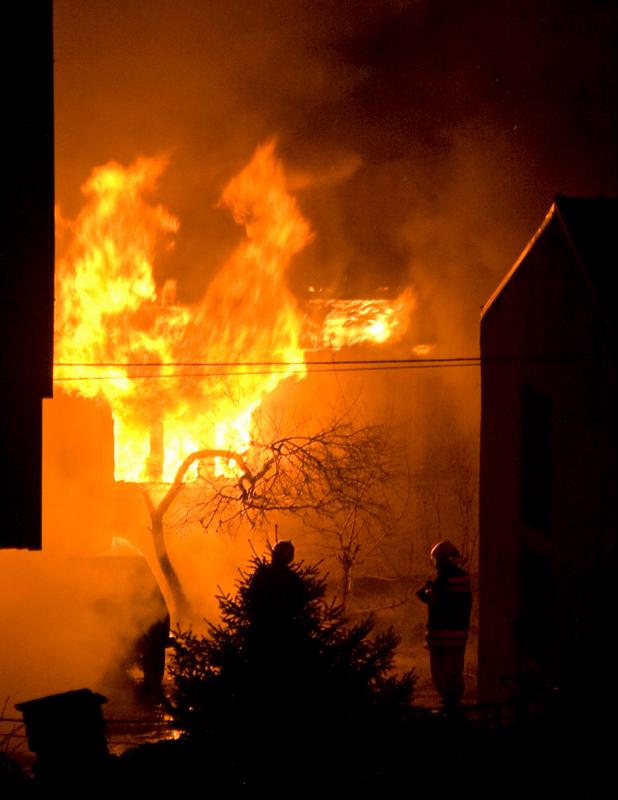Maintaining a danger-free work environment and ensuring the safety of customers is a paramount concern for business owners. Negligence in any shape or form during the management of equipment located in commercial facilities can put employees and customers at risk for bodily harm while exposing business owners to regulatory fines and litigation. One pertinent example of this problem scenario is insufficient maintenance and management of hot water heaters. Facility managers that fail to address the risks associated with their water heaters could face explosive consequences.
These dangers require business owners to carefully evaluate the performance of their current water heaters and consider an upgrade to a sleeker, safer electric tankless model. A small investment in the present could considerably reduce injury risks, protecting a business from thousands of dollars in fees and fines down the road. The following injury scenarios provide a means of analyzing which dangers a worksite is exposed to and assessing the need for a tankless replacement.
 A major water heater malfunction can spark catastrophic results.
A major water heater malfunction can spark catastrophic results.Aging and poorly maintained tanks can burst with deadly force
A long list of factors can contribute toward or directly cause standard water heaters to experience a catastrophic failure and violently explode. In crowded facilities, like shopping malls or high schools, the potential for a single malfunctioning water heater tank to injure multiple people is high. According to the Massachusetts Department of Public Safely, these risk factors include errors made during temperature and pressure knob adjustments, improper installation work done by an unlicensed professional and insufficient presence of safety controls.
While some of the factors can be addressed by diverting more resources from the company budget to upkeep, others, like the presence of reliable safety controls, may be limited by the design and age of the water heater. These sensors can be retrofitted to existing heaters, but this method offers less effectiveness and greater maintenance costs than choosing technology that includes these controls as a built -in feature. High-performance tankless water heaters, very efficient and designed to require little to no adjustments during operation, are a fitting solution to this injury scenario.
Heat control failure leads to burned employees and customers
Explosions aren't the only way that a malfunctioning water heater can harm employees and visitors at commercial facilities. When heat controls are on the fritz, tap water can eventually exceed safe temperature ranges and cause scalding wounds for those unlucky enough to draw hot water at one of the facility's points-of-use.
According to the Burn Foundation, children under the age of 6 and adults over 65 are especially vulnerable to wounds caused by exposure to piping hot water. At 140 degrees Fahrenheit, tap water can deliver a third-degree burn in less than five seconds. If the heat of the water exceeds 156 degrees Fahrenheit, painful injuries can occur almost instantly. With these risks in mind, the importance of taking extra precautions to ensure that water is delivered at a safe, compliant temperature can not be overstated.
New water heater regulations could expose employees to injuries during installation
Depending on the size of a business and the number of points-of-use on-site, recent changes to water heater regulations may create an additional risk factor for injury at the workplace. That's because many water heaters have seen diameter increases of two to three inches to account for new federal efficiency requirements, according to Consumer Reports. This means standard water heaters are now bulkier and heavier and may require companies to perform remodeling to accommodate their size. All of these elements increase the chance of injury befalling employees or could contribute to an improper installation.
Either way, the issue can be circumvented completely by going tankless. Tankless models are so efficient that their designs went unchanged by new regulations. Installing tankless heaters near points-of-use also helps make the entire water heating process more efficient. Compact tankless water heaters are so light that they can be mounted on the wall, freeing up cramped storage spaces and utility closets for later use. In this way, going tankless offers improvements to commercial facilities above and beyond eliminating injury risks.

